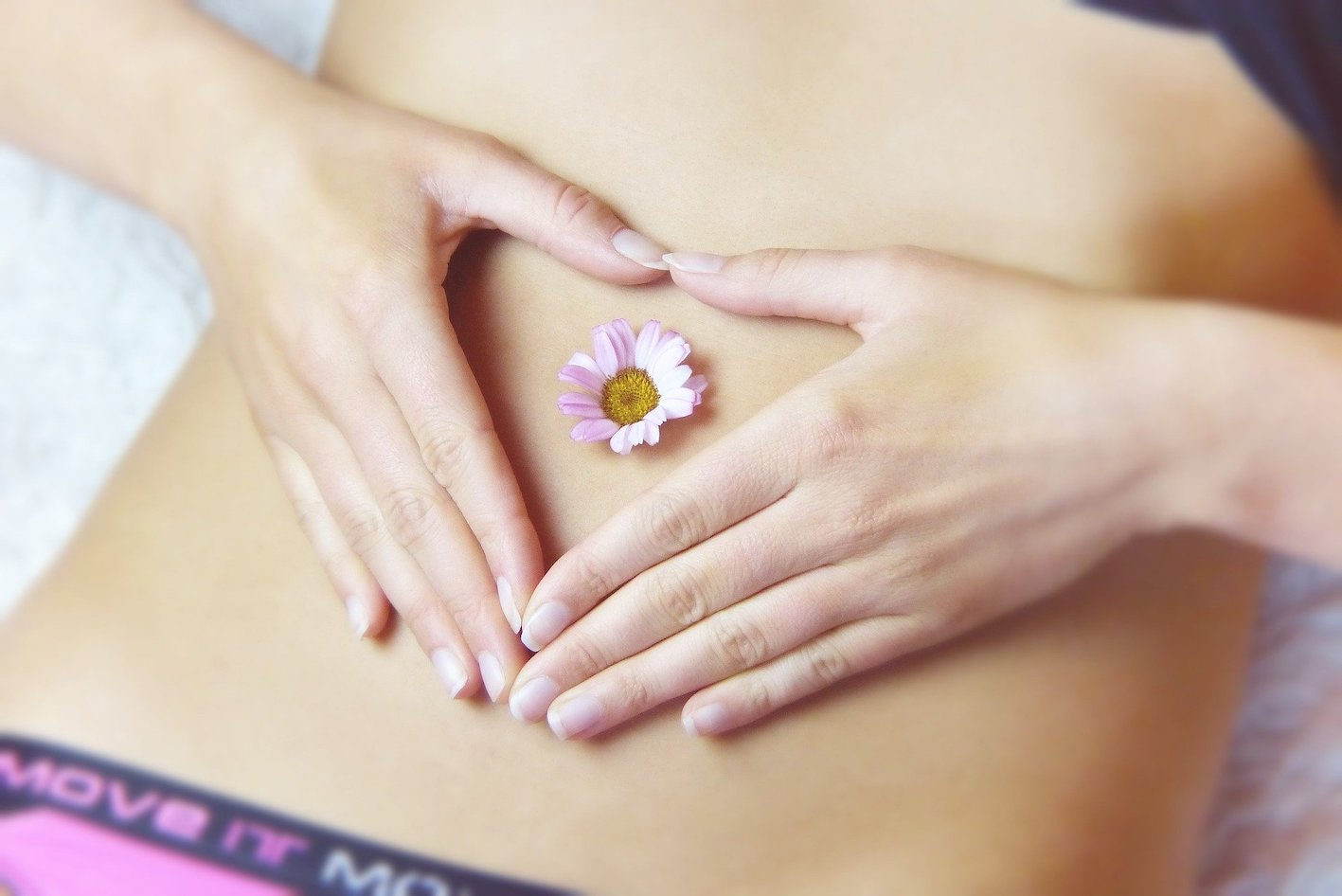
Is your IBS driving you crazy?
Bloating, gassy, cramps, heavy, uncomfortable? One minute you can’t go to the loo and the next minute you can’t get off it?
The likely cause is Irritable Bowel Syndrome (IBS). It’s incredibly common. According to Guts UK, a charity set up to promote awareness of and funding for digestive problems, it affects up to a third of people at some stage or another and it is one of the main reasons people visit their doctor.
Unfortunately, according to the NHS, there’s not a lot you can do. The official view is that it’s a lifelong problem that no one really understands and that there’s no cure for (although over-the-counter medicines can help symptoms). So sorry, move along and deal with it yourself.
As nutrition professionals will tell you, there IS hope. A consultation with a nutrition professional specialising in digestive health will be able to, in the first instance, provide some natural solutions that are likely better than taking over-the-counter medication AND your nutritionist will be able to work with you to find the root cause. This will enable you to get to the bottom of what is causing the symptoms of IBS (excuse the pun), and then you can take steps to fix it.
One of the most common causes of IBS is SIBO (small intestinal bacterial overgrowth), which accounts for 60##plus## of IBS cases. This describes a condition where bacteria manage to to grow and thrive in the small intestine. It’s not a question of ‘good’ or ‘bad’ bacteria. There shouldn’t really be many there at all.
It might be that you have a lactose intolerance. This is when your body is not able to tolerate lactose, a type of sugar found naturally in milk and other dairy products, leading to a host of ‘IBS symptoms’. It might similarly be fructose malabsorption. Again, some people are not able to absorb fructose and symptoms are very similar to lactose intolerance.
Dysbiosis is an imbalance in the levels of beneficial (good) and pathogenic (bad) bacteria in the large intestine or colon, potentially caused by the overuse of antibiotics or alcohol, an increase in high sugar diets, and stress.
Or you might have a yeast overgrowth. Simply, the gut environment gets out of balance (due to dysbiosis) such that unwelcome yeast can thrive.
None of these are pressing issues for regular doctors because there is often not the NHS testing or the framework for treatment of these problems. In some cases, digestive problems can be tricky to solve, and it almost always involves a lot of detective work. But if your symptoms are hampering your life in a significant way, I want you to know that there ARE things you can do. Although IBS might be very common, it is not normal to experience the symptoms you do.
What can I do about my IBS now?
There are some simple tricks you can put into practice today and that might make enough of a difference to help you get your life back on track. I’m going to tell you what they are in a moment.
I also want you to consider the degree to which your symptoms bother you. Are you satisfied with just covering up the symptoms and hoping for the best? That might be enough for you. If it isn’t, please book yourself in for a free 30-minute digestive health call to get an idea of what you can do right away and what might be possible for you.
10 ways to improve your digestion
The following suggestions are very basic but surprisingly effective at improving symptoms of digestive distress.
DO
DON’T
If you’re sick of feeling bloated, gassy, crampy or going to the loo too much (or too little), book in for a free 30-minute digestive health mini consultation. You can do that by clicking here.
![]()
Please get in touch and find out more - I offer a free 30-minute exploratory call.